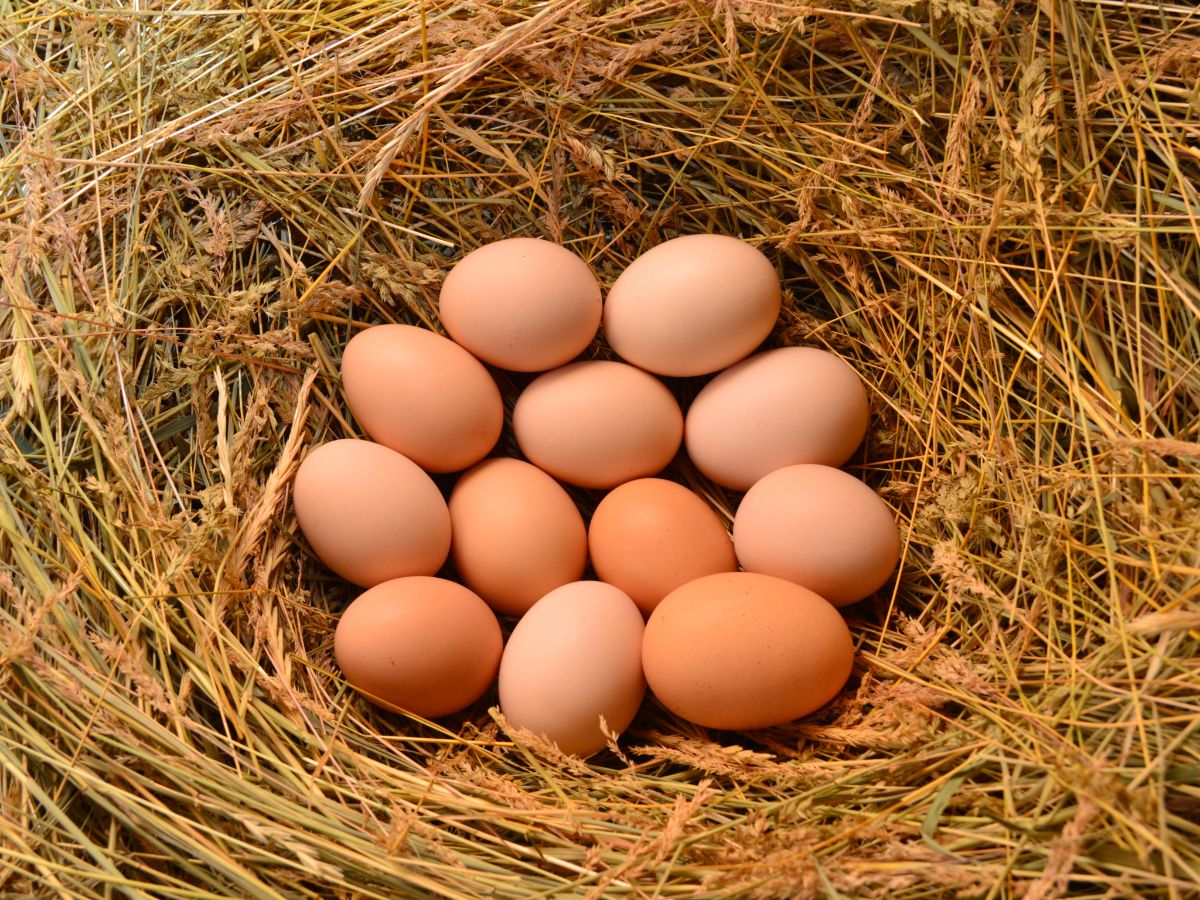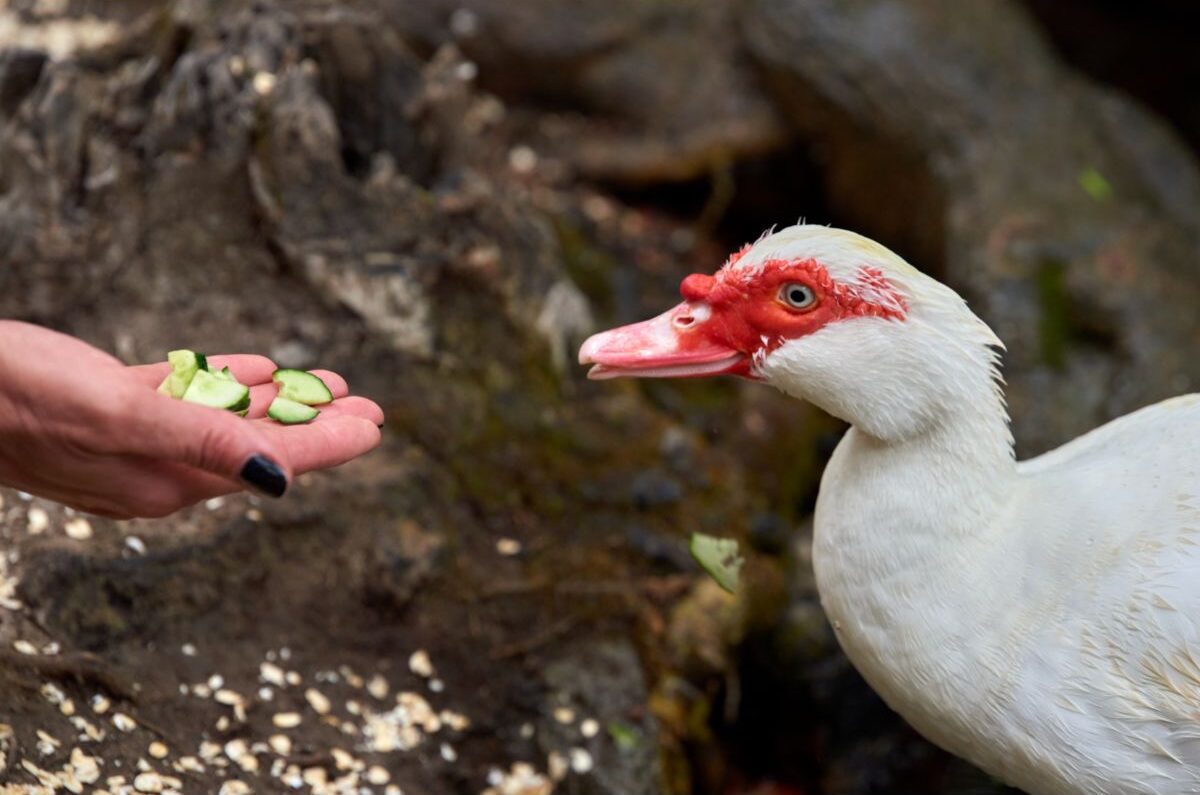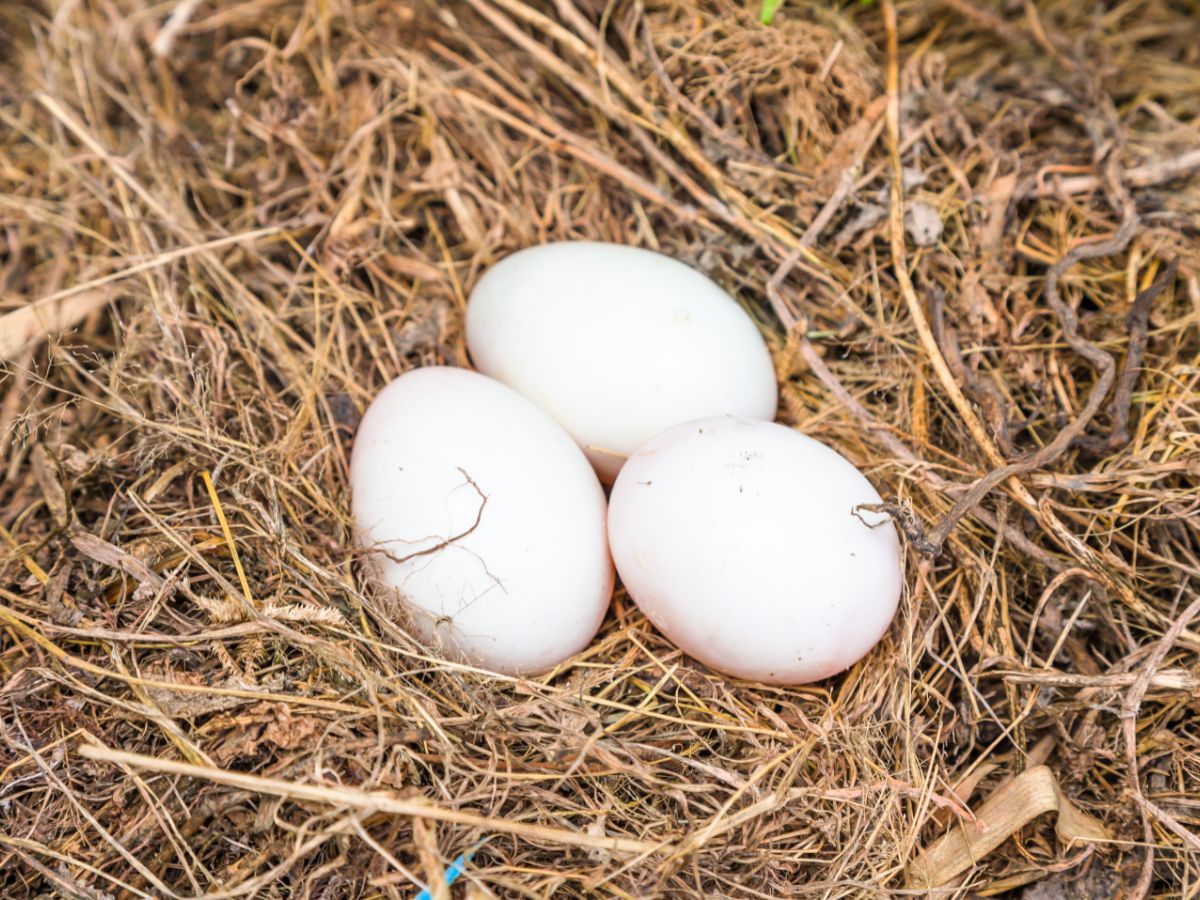Having a flock of chickens provide you with eggs daily is the best. Remember that some chicken breeds are likely to lay eggs more frequently than others. Furthermore, most hens’ egg production will decline after 2-3 years. Even extremely productive breeds don’t lay every day. So, how can you naturally increase the number of eggs your chicken lays?
Chickens need the best quality feed to lay more eggs naturally. This means adding egg or oyster shells to their diet to increase calcium intake. Chickens also need animal protein to make eggs. Furthermore, you can keep a rooster to make your flock happy. Ensure your chickens get enough light.
Chickens generally lay roughly 4 to 5 eggs per week. However, there comes a time when that changes, and you’ll find your chickens laying eggs only 2 to 3 times a week, even the young chickens. Fear not, as there are several natural ways to make your chickens lay more eggs.
Contents
Natural Ways To Increase The Number Of Eggs Chicken Lay
Most people generally keep chickens for the fresh, tasty eggs they lay. So, it’s not surprising you want to get as many eggs as possible from your chickens. Here is how to do it naturally.
1. The Feed Is Crucial In Increasing The Number Of Eggs Laid
A good diet is necessary for hens. Chicken feed is essential for egg-laying productivity. It is fairly simple to look for sources online regarding the best diet for chickens. The simplest is free range, where they can consume plants and insects independently, plus supplementary calcium supplements, such as smashed egg or oyster shells.
Smashed eggs or oyster shells are imperative. You’ll want to ensure they are available to your chickens daily. The reason is that laying an egg requires a lot of calcium. It also takes a lot of calcium for a chicken to create the egg shell. Animals are instinctually driven to eat what is right for them. Obviously, once they have passed the chick stage.
Go for the best organic feed as they can consume as much as they want. The optimal feed that is nutritious has at least 16 percent protein. Chickens cannot lay eggs for years to come if there is a lack of calcium in their diet.
2. Include Animal Protein In Your Chickens Diet
Much like with calcium, chickens need protein to lay eggs. Suppose a chicken lays an egg today. In that case, if the chicken does not have sufficient protein to make the next egg, the chances of it laying an egg the next day are slim, almost non-existent. Therefore, chickens need copious amounts of protein to create their next egg after laying one.
Suppose the chicken does not have protein immediately available to it. In that case, it will simply wait and not go about making another egg. This is because the chicken is trying to muster up enough protein to make its next egg.
Your goal is to give your chickens enough high-quality animal protein directly after it lays an egg. The key to keeping the production going is to monitor what time of the day your chickens lay eggs. If it’s in the morning, ensure that you have protein available in the morning. Mealworms are an example of good animal protein to make available to your chickens.
3. Roosters May Help Your Chickens Lay More Eggs
Your egg production may or may not be impacted by having roosters. Your hens may benefit if the rooster makes them happy and improves their quality of life. Egg production, however, may decrease if your rooster is extremely pushy and stresses your hens.
Hens will lay more eggs if there are one or more roosters. Although hens do make more eggs when a rooster or two is present, roosters are not absolutely necessary. If you aren’t into roosters or eager for chick embryos, skip this method, as roosters are quite noisy.
4. Chickens Need A Sufficient Amount Of Light To Lay More Eggs
Another way to naturally make your hens lay more eggs is to use the good old sun. Ensure that your chickens get a minimum of 12 hours of natural light daily. This is because when the time of day is long, and there is more sunlight, hens tend to lay more eggs.
Therefore, let the chickens out as long as possible during the daytime. If you live in an area that does not get a lot of sunlight, fear not, as artificial lighting can increase production. Therefore, the chickens can lay just as many eggs under artificial light as they would in sunlight. Simply use a low-wattage light bulb in the chicken coop.
5. Keep Your Chickens Happy, So They Lay More Eggs
Your main objective should be to keep your chickens happy, and they will keep the eggs coming. A happy hen will generally lay more eggs. Simply put, chickens require a sense of security. Therefore, ensure that you take the necessary steps to keep them safe and away from predators.
Do this by moving your chickens inside their coop at night and possibly having a rooster to protect them during the daytime. Ensure your chickens have access to food and water and moderate winter temperatures. Chickens that are under stress will not lay eggs optimally or even lay eggs at all. Ensure that the environment that they are in is not stressful if you want them to lay more eggs.
Conclusion
The above-mentioned natural methods will have your chickens laying eggs for months and even years to come. For the hen to produce more eggs, sufficient nutrition is required. That is the most important part, as chickens need calcium and protein to make and lay eggs like clockwork.
Furthermore, chickens need to be happy and not stressed. You can also choose to add a rooster to your flock for either protection or to make the hens happy, so they produce more eggs. Lastly, chickens need a sufficient amount of light, whether sunlight or artificial light, to increase the number of eggs they make.




